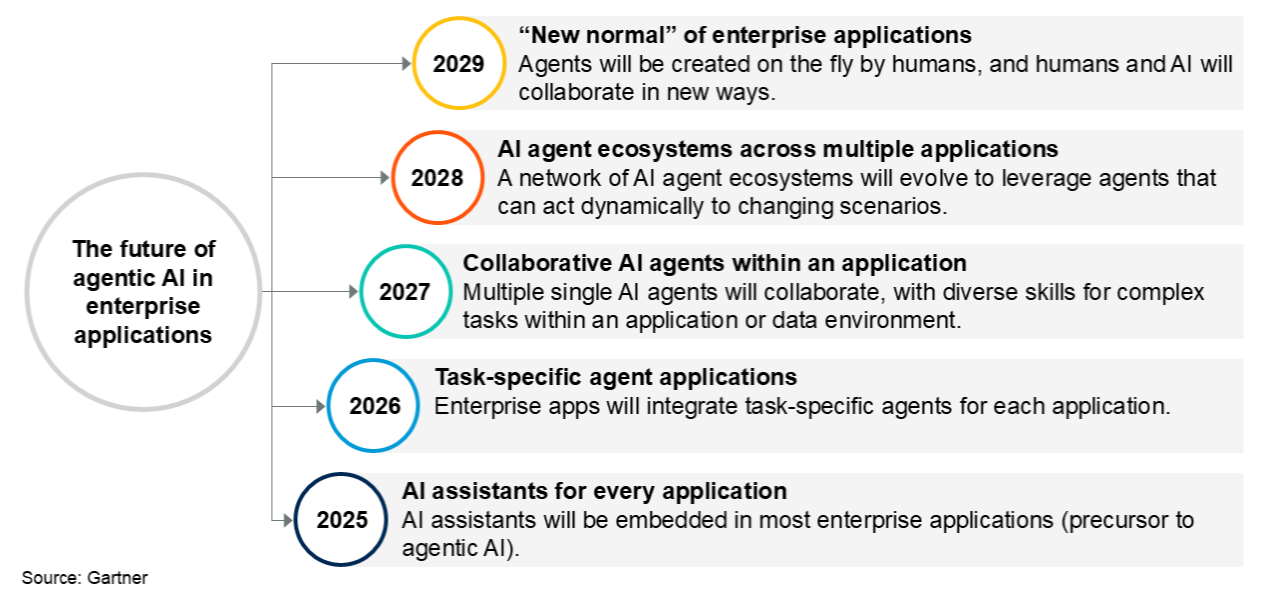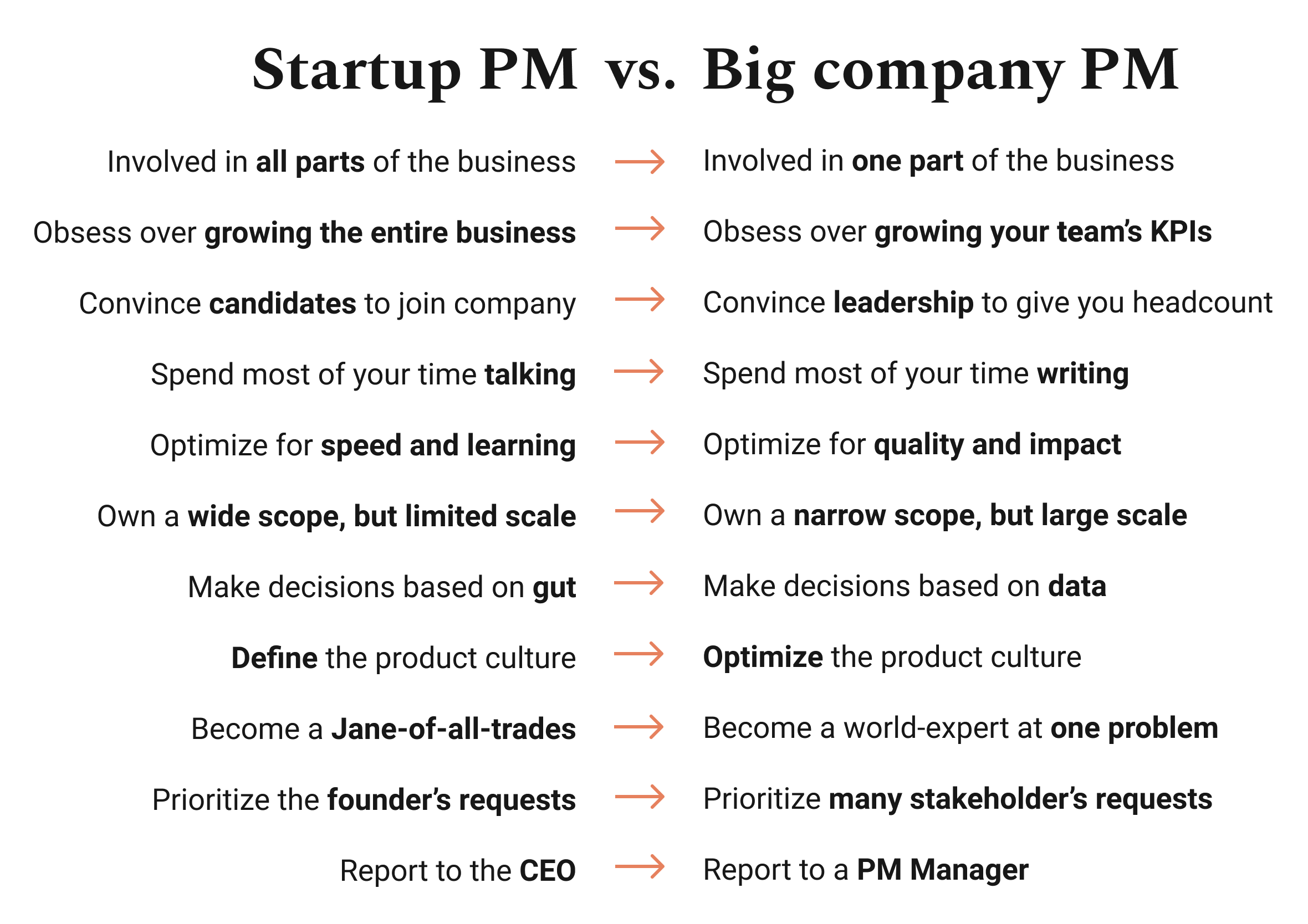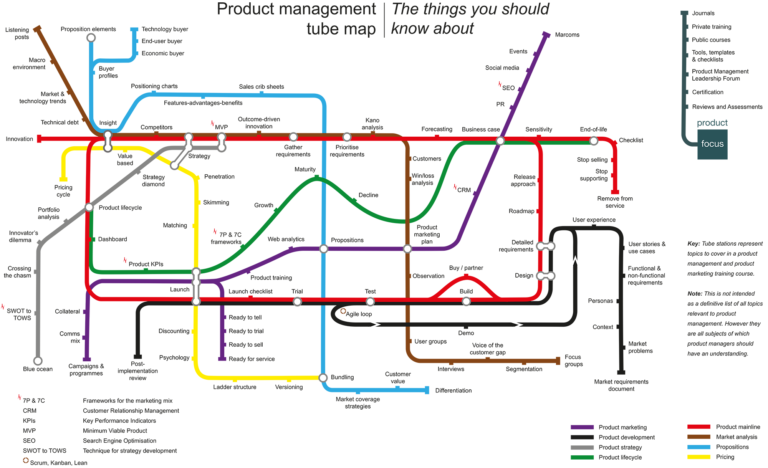Sunsetting a product (elegantly) is far harder than creating a product. And cannibalising a existing product with a new one is the hardest of all.
New product development is easy. If it was house-building, you get to choose the brick and where you're going to put it. With sunsetting, it's like putting a wrecking ball through someone's home and expecting them to like it.
You could say that agile / continuous delivery is the ongoing process of product replacement. True - but the replacement is only modestly different and hopefully better. The cannibalisation that I am referring to is the line-in-the-sand-never-to-return replacement.
Why so hard? An example of the unintended complexities of sunsetting a product
Once upon a time, my management team (inc. me) made a decision to terminate a product: the product had revenue and customers who loved it, but the market's requirements were increasing and the product's market position was being eroded. The investment required to bring the product back into the forefront of the market was significant and ultimately, the returns were better elsewhere in the product portfolio.
In considering all the ramifications of no longer selling the product, I realised that one of the sales team, let's call her Elspeth, got about 50% of her commission from the sales of this product, as all leads were passed to her. As a result of the (correct) decision to close down the product, she would most probably quit and I thought she was someone that we should keep.
I went to the Head of Sales and pointed this out. He agreed and, as a result, he initiated a territory reassignment, which - and stop me if you've ever been through one of these experiences (*) - took weeks to design / approve / discuss with affected parties etc.
In the meantime, as the product manager, I oversaw many operational decisions about the product too. I had to try and keep sales going, but approve as few contracts as possible without pissing off Elspeth too much. For example, I had to throw down lots of impediments to each sale: “There's no capacity to deliver that", "Technically, those requirements are challenging", "Ah, that customer will require new functionality that's planned for the next quarter." etc
This, of course, made Elspeth furious - she could see her targets / commission draining away. Complaints were made up and down the company about how I was obstructing every sale. Technically this wasn't true, I approved some deals in order to keep the wheels turning without making it SUPER obvious that sales and delivery was grinding to a halt. Indeed, Elspeth started to believe that I had a personal vendetta against her.
Eventually the territory reassignment plan was all agreed, Elspeth had some new turf carved out for her. She was given some commission for the sunset product sales that she should have won. And finally, we could implement the sunset plan - a plan that had plenty of moving parts in itself: letting existing customers know, properly killing deals in the pipeline, changing the website, redoing sales & budget forecasts, internal comms, etc. What a lot of stress. And Elspeth finally forgave me!
(*) Territory realignments are painful because:
- What happens to deals where the customer is just about to sign?
- What about that tacit knowledge of the customer's business and relationship that the sales team has generated?
- What do you do with commission for deals have been initiated by one sales gal but closed by another? Does credit go to the initiator or the closer or both - and in what ratio?
This becomes harder when sales revenue is recurring as in SaaS businesses.
Other scenarios:
- What about pilot or pathfinder deals - deals that prove a concept with the expectation that future business would result?
- When the SaaS revenue is highly variable or seasonal?
Easy cannibalisation
Swapping out an old product with a new product is easy if the new product is bigger and better in every way and cheaper than the existing product. If the product is more immature, has less functionality (at go-to-market), has a different pricing structure than the old product - what a surprise - you may encounter market resistance.
- "You haven't finished the product that you sold me X years ago."
- "I can't run my business without features X, Y and Z."
- "What? How much more? Are you mad or am I hard of hearing?"
What about internal resistance? Yes, there can be no shortage of that either. If you change the price / pricing structure, it can destroy existing deals in the pipeline (sales, account management & customer support hate you) if the price is more expensive. If the price is cheaper, then sales, account management and finance hate you, as revenue plunges.
Some recommendations from someone that has gone through hell:
- Make sure you have the big picture justifications absolutely nailed
and bombproof.
- Expressions like "Trust me, it's hard" and "It's been decided - it's
very complex" will undermine (product) management in the mid-term,
never mind the long-term.
- Understand your customer base - and the outliers. Handle the outliers
with great care - the customers themselves and the internal teams that
support them.
- Do NOT assume that you will convert every existing customer to the new
product.
- List out the customers that are most likely to flee and make sure
that EVERYONE understands that these accounts are at risk and assume
that you'll lose some. 100% conversion is simply naïve.
- Make sure that execs are fully onboard if these customers threaten to flee -
and they are briefed when they get calls from furious customers (and
colleagues).
- If it is obvious that the outlier customers might flee, then is the
company OK with it? (I mean really???)
- Make sure that someone (it may not be product management) has
done the analysis of which colleagues might leave (that the company
actually needs).
- This is super difficult, as some of the reasoning behind sunsetting
a product might be associated with technology and skills sets.
- There is an implicit assumption that colleagues will blindly follow
an executive decision. The very people that you want to retain for
their business knowledge may flee because their product / technology
has been jettisoned.
- If you think that product managers should communicate (and they
should!), then DOUBLE OVER-COMMUNICATE when sunsetting a product.
- Herein lies the hard part of sunsetting a product - a decision to
cull a product may require a rapid execution in order that the process
doesn't spiral out of control. However, the very people that you need
to consult to make a competent decision may be sufficiently
ill-informed to advise you.
Finally, best wishes - bridging the chasm between old and new products, especially if it involves repricing is the toughest job in product management!












